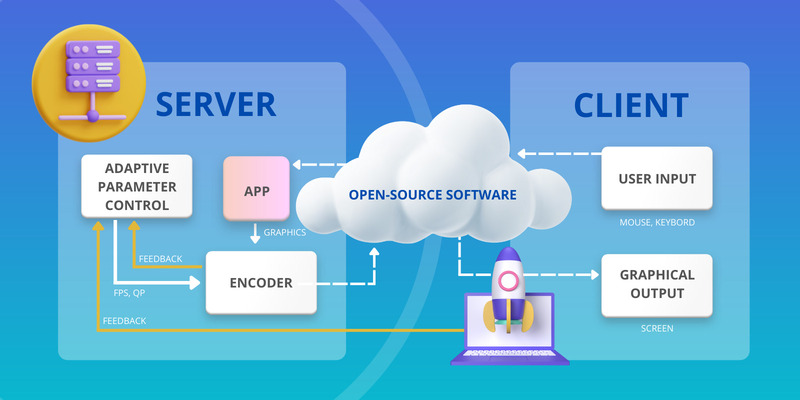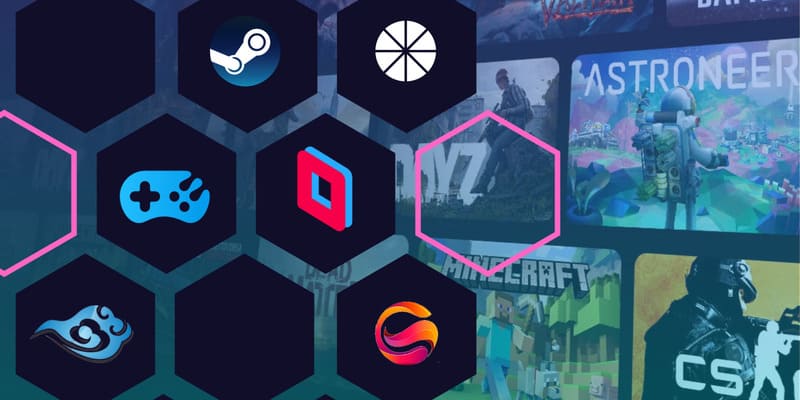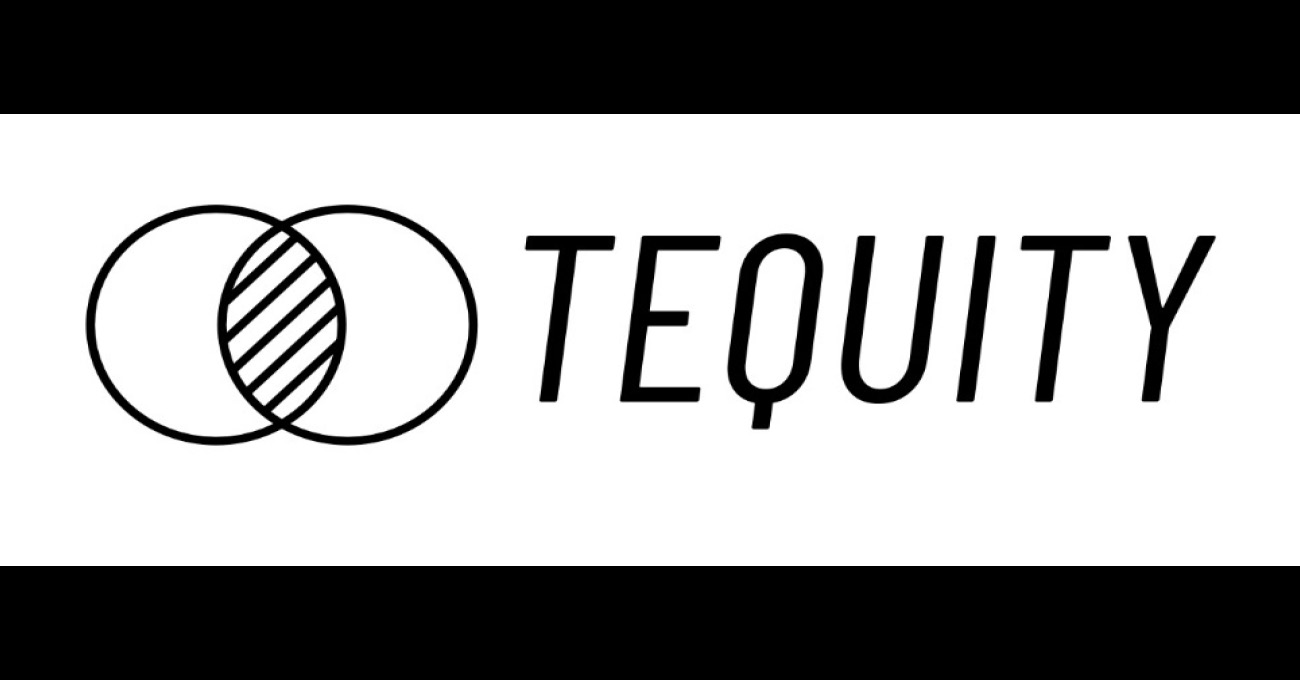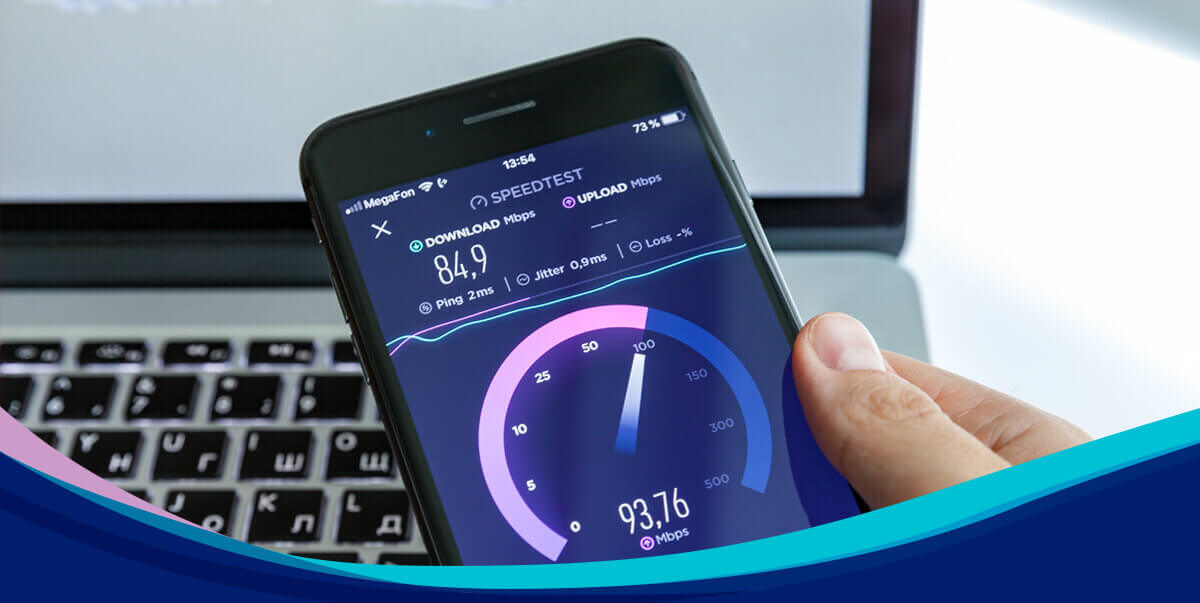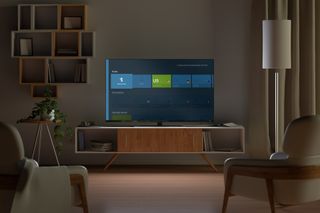Cloud gaming allows individuals to play video games that are hosted on remote servers. This eliminates the need to download and install games on a personal computer or mobile device. Games are streamed using a reliable and low latency Internet connection. This method of gaming is similar to the way many of us watch movies over streaming services like Hulu or Netflix.
Open source software is software that allows anyone to inspect and modify the code in any way they see fit. In many cases, cloud gaming can be facilitated with the help of open source software.
What is an open source cloud gaming server?
Gamers can implement a cloud gaming scenario that allows them to play remotely from any device without purchasing services from a cloud vendor. To accomplish this feat, the gamer must have a competent, physical gaming rig already established on which to play the selected video games. They then need to install dedicated software that makes their games available to other devices by connecting to the remote PC over the Internet.
Cloud gaming open source solutions provide the necessary tools to establish a cloud gaming server that can be accessed as easily as a remote desktop. Issues like cloud gaming latency can ruin a session and make it impossible to play remotely. The dedicated open source software packages address the difficulties of handling user inputs, rendering graphics, and providing real-time displays that can be difficult to optimize for an enjoyable gaming experience. Using an open source solution, a gamer can take their games wherever they like without renting space or resources with a commercial cloud vendor. It’s an economical way to take your games with you wherever you go.
Open source cloud gaming solutions
There are multiple open source cloud gaming packages available for gamers to download and install. In some cases, they may have hardware or performance requirements that may make them inappropriate for your needs. Following are some cloud gaming open source solutions that let you host your favorite video game and play it over the Internet from anywhere you choose.
GamingAnywhere
GamingAnywhere is an open source cloud gaming platform that supports the Windows, Linux, and macOS operating systems for the creation of a game server. The client code can also be ported to the Android operating system, extending the compatibility of this solution to a wider range of mobile devices.
GamingAnywhere’s developers have conducted extensive performance studies that indicate the software provides high responsiveness and video quality while minimizing the demands on network bandwidth. Of course, the open source nature of the solution enables gamers to modify the code to meet their specific requirements.
The motivation behind GamingAnywhere was to attempt to meet the performance demands of cloud gamers. In general, gamers are hard to please and want to enjoy their games without excessive latency. It’s hard to play a game when the response time lags or graphics are displayed incorrectly. An open source project like GamingAnywhere allows gamers and researchers to try new techniques that improve gameplay without additional capital expenditures.
GamingAnywhere provides both server and client components. Users access games by contacting a game portal server and selecting the game they wish to play from the available choices. They are then connected to the game server and can begin playing from any location on a supported device. Client code can be customized to make direct requests from the server without a user interface.
The philosophy behind GamingAnywhere includes the following design objectives.
- • Extensibility – A modular design makes it easy to replace or modify hardware-specific codecs to extend the capabilities of a gaming system.
- • Portability – The tool currently supports Windows, Linux, Mac OS X, and Android devices. Modification of platform-dependent components allows users and developers to port the software to other types of mobile devices.
- • Configurability – Many audio and video codecs are built into the GamingAnywhere software. Configurations can be exported and modified from the generated text-based file.
- • Openness – The open source project is also meant to serve as a starting point for further research on optimizing cloud gaming performance.
Moonlight
Moonlight, which was formerly called Limelight, is an open source implementation of NVIDIA’s GameStream protocol with a set of third-party clients. It enables gamers to host and play games in the cloud using an open source solution that eliminates the need to purchase expensive resources from a commercial cloud provider.
Moonlight is designed to work exclusively on machines equipped with NVIDIA graphics cards. The software enables gamers to design a cloud gaming system so they can access their library of games from down the hall or the other side of the world. It supports a wide variety of operating systems and devices, letting gamers enjoy themselves on virtually any type of mobile or stationary hardware without sacrificing game selection, performance, or graphics.
The software is available in multiple versions that provide support for the different operating systems that are compatible with Moonlight. The types of systems supported includes:
- • Windows systems;
- • macOS machines;
- • Linux distributions;
- • ChromeOS laptops and tablets;
- • Android devices;
- • iOS devices like iPhones and iPads;
- • Single-board computers with Moonlight embedded;
- • Homebrew versions for PS Vita, Wii U, and LG WebOS TVs.
Moonlight was developed by students at Case Western Reserve University in 2014. The impressive array of features provided by this open source cloud gaming software package include:
- • The ability to stream at up to 4K resolution;
- • Streaming at up to 120 frames per second with lowered latency;
- • Multiple client platforms to stream games from anywhere;
- • The power to create a cloud gaming server using your current gaming rig.
The only drawback to Moonlight is its exclusive support for NVIDIA cards and GPUs. If your machine is equipped with a supported graphics system, Moonlight is an excellent choice for constructing an open source cloud gaming server.
Sunshine
Sunshine is essentially a Github fork of Moonlight that works with non-NVIDIA graphics cards and codecs. Sunshine was developed to be compatible with all non-NVIDIA GPUs including onboard Intel GPUs. This open source cloud gaming solution is not as easy to use as Moonlight, as it lacks Moonlight’s Internet Hosting Tool. That being said, once the challenges of installing and configuring the software are met, the tool enables you to stream your games from your server to any supported device with an Internet connection.
Sunshine supports building a cloud gaming open source system on Windows and Linux machines.
Several prerequisites must be met before embarking on the installation of the Sunshine software on your machine.
- • Server – A Windows or Linux computer is required.
- • Client – Mobile devices running either the Android or iOS operating systems are needed to stream your games on the go.
- • Network – An available WiFi network is required to stream from the host machine to the client devices.
- • Internet connection – This connection is necessary to test the Sunshine GameStream over the internet.
- • A ZeroTier account – You need this to set up ZeroTier Peer-to-Peer networking between host and mobile clients.
As stated previously, installing Sunshine can be a complex undertaking that requires more knowledge and effort than some other options. We found a nice installation guide that may help you get Sunshine up and running on your machine.
Open-Stream
Open-Stream is another software solution that provides the necessary functionality to construct an open source cloud gaming system. The tool is based on the open source technology of Moonlight and makes many similar features available for gamers designing a gaming platform.
The software is easily customizable for users who want to make modifications to optimize performance. It is simple to install and use, making it a good solution for users looking for a streamlined open source cloud gaming solution.
As an open source project, a community of developers works toward extending the feature set and functionality of Open-Stream. The developers promise the following features, some of which may not have been available when the project launched in 2020.
Host features include:
- • Support for NVIDIA and AMD encoding;
- • Compatibility with Windows, macOS, and Linux desktops;
- • Support for the H.265, H.264, and VP9 codecs;
- • A one-click installation procedure;
- • Management of end-user devices.
Client features of Open-Stream include:
- • Support for Windows, macOS, Linux, iOS, and Android devices;
- • Low latency screen sharing;
- • 4K graphic resolution;
- • Streaming at up to 120 frames per second
- • End-to-end data encryption;
- • Support for USB passthrough;
- • Clipboard support.
Open-Stream is designed to be consumer-friendly and offers 24/7 customer support. This software package enables users to take full advantage of cloud computing capabilities without the capital expenditures or monthly fees paid to commercial providers.
Free proprietary software to set up a cloud gaming server
In addition to the open source cloud gaming solutions we have presented, there are free proprietary software tools that deliver similar results. The difference is that users cannot modify the proprietary code as they can with open source projects. This limits their flexibility and may not appeal to users who want to perform code optimization for their specific systems. But these solutions are effective for users who just want to extend the reach of their home gaming system to mobile devices.
Parsec
Parsec is a free, proprietary solution that enables users to set up a cloud gaming server and access their games from any device. The tool supports the creation of a game server on Windows machines and will support macOS servers in the near future. From the client side, with Parsec gamers can use Windows, macOS, Linux, Android, Raspbian, ChromeOS devices. Graphic cards from NVIDIA, Intel, and AMD can be used to host the game server.
Parsec’s cloud gaming server software delivers ultra-high definition graphics and streams at 60 frames per second. The company claims gamers will experience no latency or lag time while they enjoy their gaming experience. They achieve high performance via a proprietary peer-to-peer networking protocol and the Parsec SDK which is built in cross-platform C. The developers rely on native, low-level code and avoid building on top of wrappers to achieve full control over data streaming.
It’s easy for users to get started with Parsec. All they need is a compatible machine to host the free download and an Internet connection to stream gaming content. The company also offers the Parsec arcade, offering gamers a selection of games that can be enjoyed with players from around the world.
Steam Link
Steam is a popular cloud gaming service that allows players to access a wide selection of games on their desktop or laptop computers. Steam Link enables gamers to enjoy the Steam experience from their mobile devices, TVs, or another computer as long as they have a reliable local network or Internet connection.
The Steam Link app is available for Windows, Linux, and Mac computers. It is also compatible with Apple TV, iPhones, iPads, and Android devices. The software can also be used on Samsung Smart TVs and Raspberry Pi 3, 3+, and 4.
Steam Link is extremely easy to use if you already have a Steam account and have games hosted on your desktop machine. All that’s needed is to install the Steam Link app on the device you will use to stream game content. Connect to the computer running the Steam game and start playing on your mobile device.
Hardware requirements for Steam Link include:
- • A host computer running SteamOS, Windows Vista or newer, Mac OS X 10.10 or newer, or Ubuntu 12.04 and later versions;
- • A device capable of running the Steam Link app;
- • A supported input device;
- • Home network connectivity to the Steam Link device and host computer. A wired network is recommended for optimal performance.
Rainway
Rainway is a free, proprietary video streaming service that enables users to host games on Windows 10 computers and play them on a wide variety of compatible devices. Streaming clients can be Windows, iOS, or Android devices. The software also supports streaming to TVs and browsers including Chrome, Safari, and Opera. A Mac-compatible version is currently being Beta tested.
Rainway runs best on a 15 Mbps Internet connection but you can play on speeds as low as 5 Mbps. Screen resolution can be modified to optimize the game stream. Users experiencing lag can adjust settings like frame rate, screen resolution, and stream quality easily from within the app.
A user-friendly dashboard on the host PC makes it a simple task to select a game and start playing. The dashboard displays the library of accessible games, available controllers, and online friends. Gamers who don’t need the customization available in open source cloud gaming software should check out this free solution to bring their games with them wherever they go.
Conclusion
People love to play games and the potential of playing games in the cloud with open source software is very appealing to the gamer community. The tools we have presented all provide the dedicated gamer with a viable method of playing their favorite games on a mobile device no matter where they are located. This can be in another room, out by the pool, or while traveling for business or pleasure. Gamers are no longer bound to their desktops or consoles.
Cloud gaming with an open source solution is perfect for users who like to modify code to optimize the gaming experience. Gamers who simply want to play games hosted on their desktop using mobile devices may be more inclined to go with a proprietary solution that is easier to install and use. In either case, cloud gaming is possible without the expense of commercial cloud resources. The software packages we have looked at all provide a means of using mobile devices to stream games from a home computer. So if you want to play your games on the go, download one of these open source or proprietary solutions and get started today.
FAQ
Yes, there are free cloud gaming solutions. Both open source and proprietary software packages are available that enable users to construct a cloud gaming server without incurring additional costs.
Yes, cloud computing is good for gaming. Using the cloud to host games makes them available to many potential gamers who do not have access to the dedicated hardware or expensive consoles that were formerly required.
Cloud gaming is positioned to be a major factor in the future of gaming, but may not completely replace traditional gaming platforms. As mobile devices become more powerful and fast wireless networks become more reliable, cloud gaming will continue to grow as an alternative to computers and consoles.
Eventually, cloud gaming may replace PCs and consoles as the primary method of playing video games. Currently, the technology behind cloud gaming is still not able to provide the same level of performance as can be achieved with dedicated and optimized hardware.
https://www.helpwire.app/blog/open-source-cloud-gaming/

